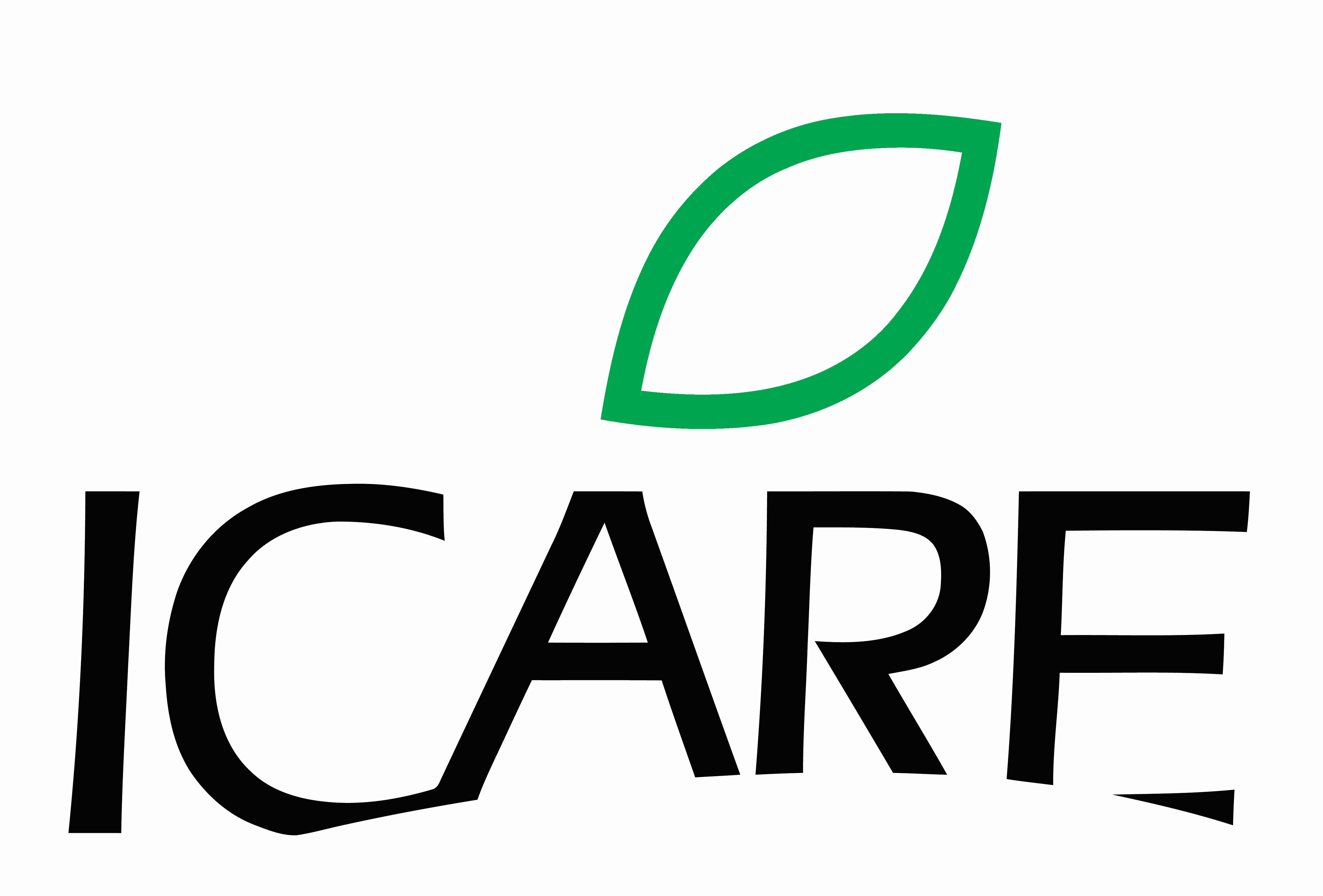Food security through arable lands and pastures improvement in Syunik and Vayots Dzor marzes
Period of Performance: 25.05.2023 – 30.11.2023
Funding of the project: The project implemented within the framework of “ECOserve” programme, commissioned by the German Federal Ministry for Economic Development and Cooperation (BMZ) and implemented by Deutsche Gesellschaft für Internationale Zusammenarbeit (GIZ) GmbH..
Background
Pastures and grasslands cover about 57.3% of the agricultural lands of the Republic of Armenia (RA). These lands are a significant resource for economic development, especially in the field of animal husbandry, also have environmental importance in terms of the continuous provision of various ecosystem services and in particular the conservation of biodiversity and genetic resources. According to expert estimations at least 80% of pastures recorded in Armenia are in various conditions of degradation, and around 20% are primarily subject to improvement with artificial rehabilitation measures. From the perspectives of agriculture, the current situation in Armenia it can be noted that about 45% of the arable lands in Armenia are not cultivated, which brings forward the need to tackle the issues around the lack of food and fodder in the communities. To address the issues and socio-economic conditions the project of “Food security through arable lands and pastures improvement in Syunik and Vayots Dzor marzes” was initiated.
Project scope and features
The project aims to assist farmers by providing sufficient volumes of food and fodder to ensure food security and reduce the pressure on pastures. The Project is being implemented in the settlements of Sisian and Yeghegis communities:
The project related activities in the targeted communities are being carried out in two main directions:
1. Food and fodder production by improving the arable land which have not been cultivated for
long time;
2. Improvement of degraded pastures.
Here are the major activities, included in the project scope:
– Engage target community representatives to select the eligible farmers for project
implementation purposes.
– Select and map the lands: arable lands, perennial plantings, pastures and hay-meadows.
– Conduct theoretical and practical training for at least 250 beneficiary farmers in target
communities for capacity building.
– Conduct improvement and recovery of arable lands and pastures, including:
- Improvement and recovery of at least 100 ha of degraded pastures and hay meadows. This
may include stone collection, removal of toxic plants, litter removal, mulching, seeding,
fertilizing, raking, drone spraying of nutrient and other agrotechnical measures. - Cultivation of at least 450 ha of arable land – using mixed crops with drought-resistant crops, grass mixtures for food and fodder production, agrotechnical measures, etc.
Project impact
The impact of this project can be described with the following factors:
- Restoring the significance of arable land (to be sown and cultivated),
- Preventing further degradation of land,
- Food security (food crops production, enough fodder for animals),
- Reducing pressure on pastures – additional fodder will create opportunity to reduce grazing in
early spring and late autumn, - Additional income generation for at least 3-4 years,
- From ecological standpoint, improve soil humidity conditions and additional carbon sequestration pools,
- Increasing the soil productivity through the cultivation of sainfoin and alfalfa,
- Increased climate adaptation, especially for dry and drought years.
Innovation and sustainability of the project
Food and fodder production will improve arable lands, and soil conditions and ensure income for the farmers at least 3-4 years. Fodder production will reduce pressure on pastures and ensure natural regeneration and rehabilitation of the pastures. Its notable to mention that in the process of improving the degraded lands of these targeted communities, the project experts first time in Armenia will use drones for spreading the organic-origin fertilizes as nutrition in the pastures. This allows to cover even the lands, where the machinery has no access and the works completed manually will be expensive and of low efficiency, as well. Drones spraying will reduce fossil fuel, oil emissions as well. Later this practice can be used as replicable methods in other regions and communities.
